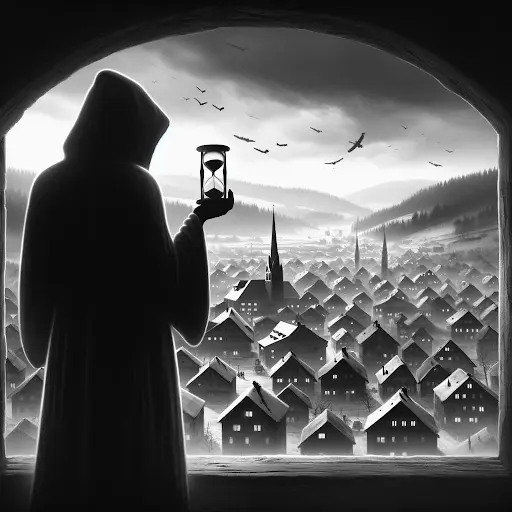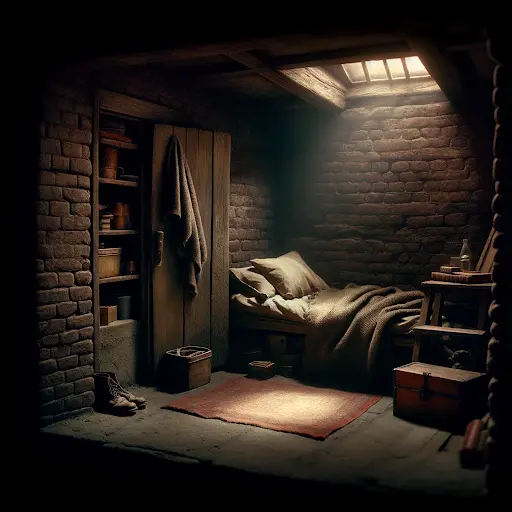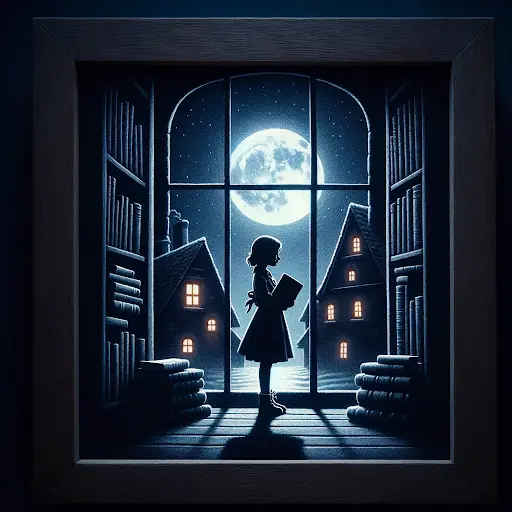“The Book Thief” theme
Updated: 26 November 23
50
Introduction
In a global in which history and fiction collide to create compelling narratives, “The Book Thief” by Markus Zusak stands as a huge painting. Captivating readers throughout generations, this novel no longer handiest delves into the haunting generation of World War II however also touches the soul with its specific storytelling. Markus Zusak, a writer celebrated for his profound and evocative writing, weaves a story that explores the power of phrases towards the backdrop of Nazi Germany.

Author’s Background
Markus Zusak, an Australian creator of German origin, is famed for his ability to mix historic accuracy with imaginative storytelling. Before “The Book Thief,” Zusak had already received acclaim with novels like “I Am the Messenger.” His understanding in creating deeply transferring narratives is clear in his awards and recognitions, consisting of the Michael L. Printz Honor for “The Book Thief.” Zusak’s connection to the testimonies from his mother and father approximately WWII Germany adds a layer of authenticity and intensity to his writing.

Summary
“The Book Thief” centers around Liesel Meminger, a young female dwelling in Nazi Germany. The tale, narrated by Death, unfolds as Liesel steals books and shares them with her acquaintances at some point during bombing raids. This narrative is a poignant exploration of how humanity endures in the face of devastation through the energy of phrases and memories.

Critical Analysis
Zusak’s novel is a masterpiece in individual improvement and narrative shape. The choice of Death as a narrator offers a completely unique, unbiased attitude. However, a few readers can also find this narrative voice unsettling. The e-book’s depth in exploring topics like mortality, the power of literature, and human resilience is unequaled, although its pace can be sluggish at times. Compared to different works in historical fiction, “The Book Thief” stands proud for its modern storytelling and emotional intensity.

Personal Reflection
Reading “The Book Thief,” I became deeply moved with the aid of the portrayal of Liesel’s individual. Her adventure resonates with each person who reveals solace and gets away in literature. The book’s ability to find splendor in the bleakest moments is a testimony to Zusak’s skill as a storyteller.

Recommendation
This novel is tremendously encouraged for readers who admire ancient fiction, effective storytelling, and profound thematic exploration. It’s mainly impactful for those inquisitive about World War II narratives that delve into the human thing of the era.

Conclusion
“The Book Thief” by Markus Zusak isn’t always only an ebook; it is an experience that transcends the limits of traditional storytelling. Its combination of historical detail, emotional depth, and lyrical prose makes it a need to study. Share your thoughts or purchase the ebook through our link, and be part of us at My Review Book for greater insightful evaluations.

Author Bio of the Reviewer
At My Review Book (MRB), our team of diverse and experienced reviewers brings a wealth of knowledge in literature and history, ensuring comprehensive and trustworthy reviews. Our passion for books and dedication to thorough, insightful analysis makes us a reliable source for book enthusiasts.
Please Write Your Comments